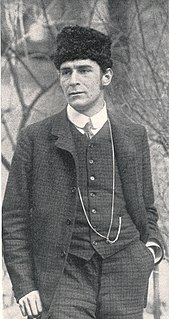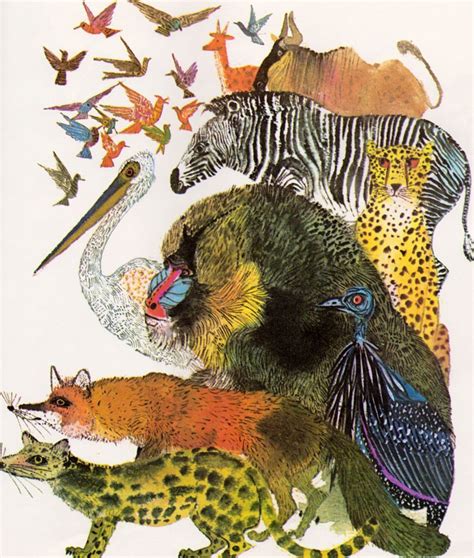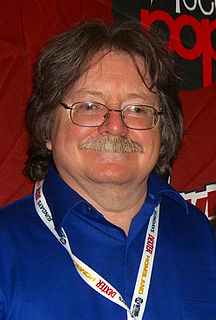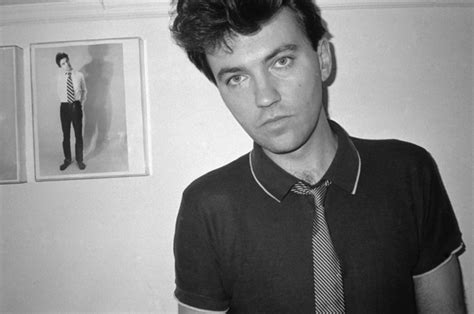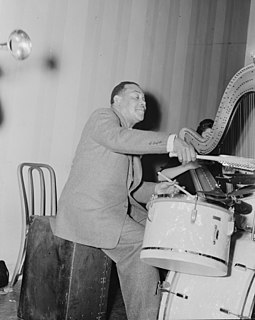A Quote by Semir Zeki
Most artists, or at least most of the ones I know, deny having a philosophical outlook that they try to translate into their works. Some had thought of the work of Cezanne and others as being a 'painted epistemology.' But Cezanne himself denied this and Daniel-Henri Kahnwiler, the art critic and art dealer, insisted that none of the many painters he had known had a philosophical culture.
Related Quotes
I view all art as an effort to translate brain concepts into a work. These brain concepts are synthetic ones - the result of many experiences. But a single work of art, or even a series of works, more often than not cannot translate these synthetic concepts adequately. Yves Saint Laurent once said that he suffered greatly when creating. He is not alone in that. Most artists do the same and say as much.
Warhol and other Pop artists had brought the art religion of art for art's sake to an end. If art was only business, then rock expressed that transcendental, religious yearning for communal, nonmarket esthetic feeling that official art denied. For a time during the seventies, rock culture became the religion of the avant-garde art world.
Behind all art is an element of desire...Love of life, of existence, love of another human being, love of human beings is in some way behind all art — even the most angry, even the darkest, even the most grief-stricken, and even the most embittered art has that element somewhere behind it. Because how could you be so despairing, so embittered, if you had not had something you loved that you lost?
I think what happened in the last 10 or 15 years in the art market is that all the players - and that includes artists, dealers, art advisors, everyone - basically became dealers. We've had old-school collectors morph into speculators, flipping works. We've seen auction houses buying works directly from artists or from sleazy middlemen. The last step before the crash was the artists themselves supplying the auction houses. Dealing themselves, you know? The art world is as unregulated as any financial market there is.
There were so many bands in New Orleans. But most of the musicians had day jobs, you know -- trades. They were bricklayers and carpenters and cigar makers and plasterers. Some had little businesses of their own -- coal and wood and vegetable stores. Some worked on the cotton exchange and some were porters. They had to work at other trades 'cause there were so many musicians, so many bands. It was the most musical town in the country.
It is sufficiently evident from many circumstances, that the doctrine of the divinity of Christ did not establish itself without much opposition, especially from the unlearned among the Christians, who thought that it savoured of Polytheism , that it was introduced by those who had had a philosophical education, and was by degrees adopted by others, on account of its covering the great offence of the cross , by exalting the personal dignity of our Saviour.
At one point cinema and photography weren't treated as art. Now it's crazy to think they're not. The key question is "What is art today?" The most important artists of the last 20 years are Steve Jobs and Jonathan Ive, because the influence they have had is incredible and they've changed the world. That is art.



